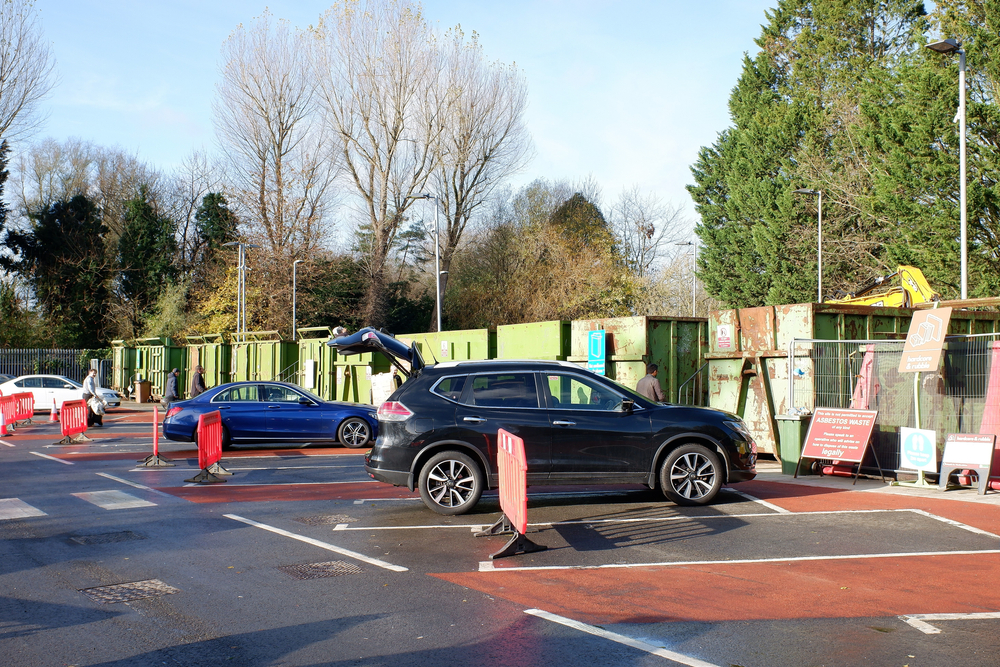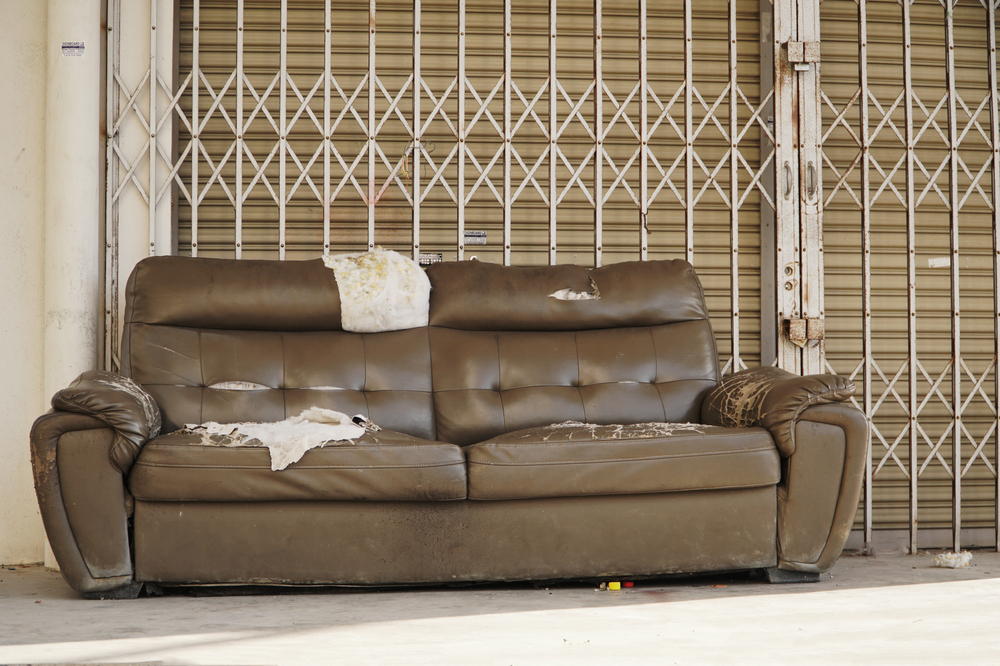The RPS documents set out the Agency’s enforcement position and what steps those handling waste upholstered domestic seating such as sofas must take to avoid enforcement action in the coming months.
It comes after the Agency announced in August that soft furnishings potentially contaminated with POPs, including any mixed loads containing these items, must be incinerated (see letsrecycle.com story).
The Agency warned at the time, while the guidance was effective immediately, it would undertake an assessment of compliance “across the sector” from 1 January 2023. This was later softened by the Agency, who said checks will take place in August (see letsrecycle.com story).
The RPS documents published today outline the Agency’s enforcement position for:
- Shredding waste upholstered domestic seating containing POPs
- Segregating waste upholstered domestic seating that may contain POPs at household waste recycling centres (HWRCs)
- The temporary storage of waste upholstered domestic seating containing POPs
The Agency published a further two guidance documents on POPs in soft furnishings, with another two on identifying POPs in waste. All the documents can be seen at the bottom of this page.
The RPS documents do not alter the legal requirements around POPs, but set out the steps which must be taken to avoid formal enforcement action from the EA.
Shredding
The RPS document for shredding items at a waste treatment site sets out that operators must install and commission equipment to capture and abate emissions by 1 December 2024.
Operators must email their proposed methods and timescales to the Environment Agency by 1 July 2023.
In the meantime, waste upholstered domestic seating can only be shredded inside a building or within a temporary waste storage shelter which is enclosed on three sides with a roof.
Operators must prevent water contaminated with particulates from shredding waste upholstered domestic seating entering drainage systems and minimise fugitive dust emissions.
Shredding of bulky material was known to be an issue for energy from waste (EfW) plant operators, who said installing the equipment by early next year was not doable.
HWRCs
HWRC operators looking to use the RPS must email the Agency before the end of next month.

The Agency said the RPS does not change the legal requirement, “to take all reasonable steps to avoid contaminating other waste with POPs when you receive and store items of waste upholstered domestic seating at a HWRC.”
All those who accept waste upholstered domestic seating must manage all waste upholstered domestic seating as if it contains POPs unless they prove otherwise with an x-ray fluorescence machine.
Running until 1 December 2023, the RPS says HWRC operators must only mix waste upholstered domestic seating with ‘mixed, residual or bulky household waste’ and no other waste stream, such as wood or metal. The mix must be incinerated, the RPS instructs.
If the plant which takes the material is shut down, POPs waste must be sent elsewhere or stored at a transfer station, the RPS says.
Storage
The Environment Agency’s third RPS applies to those without a permit to store waste upholstered domestic seating who are temporarily storing the material. It applies to collection and disposal authorities, as well as contractors working on their behalf.

Soft furnishings containing POPs must be stored in a secure building which prevents waste escaping and access to members of the public, the RPS says.
These cannot be stored for longer than six months and a fire prevention plan must be in place.
Reuse
While issuing an RPS, the Environment Agency also provided clarity on reusing items from HWRCs which may contain POPs.
For an item to be a non-waste product and not become a waste if it reused, several conditions must be met, including ‘no more than minor repairs’ and it being donated for reuse.
In today’s document, the Agency admitted it was difficult to know what minor repairs are and gave examples. Repairing a broken leg on a sofa delivered for reuse counts as a minor repair, but work which includes stripping the upholstery or lining is more.
Meetings
The documents come on the back of regular meetings with industry stakeholders which have been taking place in recent weeks.

Same Horne, chair of the National Association of Waste Disposal Officers (NAWDO), said that while there were still concerns about the guidance, there are some positives.
“NAWDO is pleased to see the guidance on dealing with waste upholstered domestic seating alongside the regulatory position statements that will help to manage the transition to compliance and ensure that this material is diverted from landfill, which remains our members’ priority,” Mr Horne said.
“However, there remain some real challenges for local authorities as they look to enter into the necessary arrangements, in particular the significant additional cost that they will face in managing this new waste stream. We will continue to work with the Environment Agency to resolves issues that arise, as well as Defra to consider the associated financial implications.”
Useful links
Identify and classify waste containing persistent organic pollutants (POPs)
Segregating waste upholstered domestic seating that may contain POPs at HWRCs: RPS 266
Manage waste upholstered domestic seating containing POPs
Shredding waste upholstered domestic seating containing POPs: RPS 264
Temporary storage of waste upholstered domestic seating containing POPs: RPS 265
Reusing upholstered domestic seating containing POPs












Subscribe for free